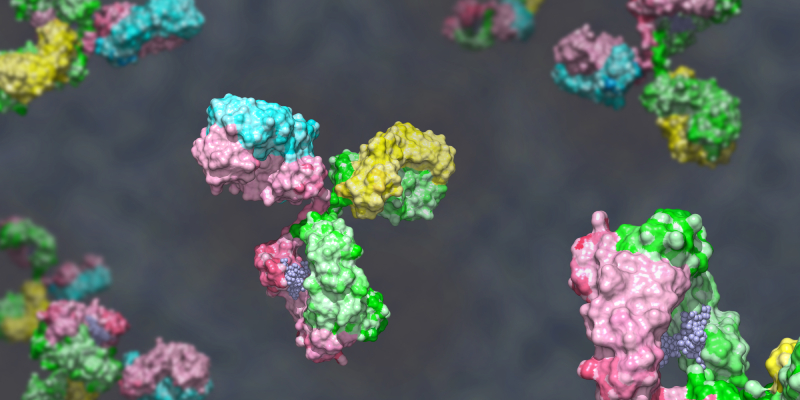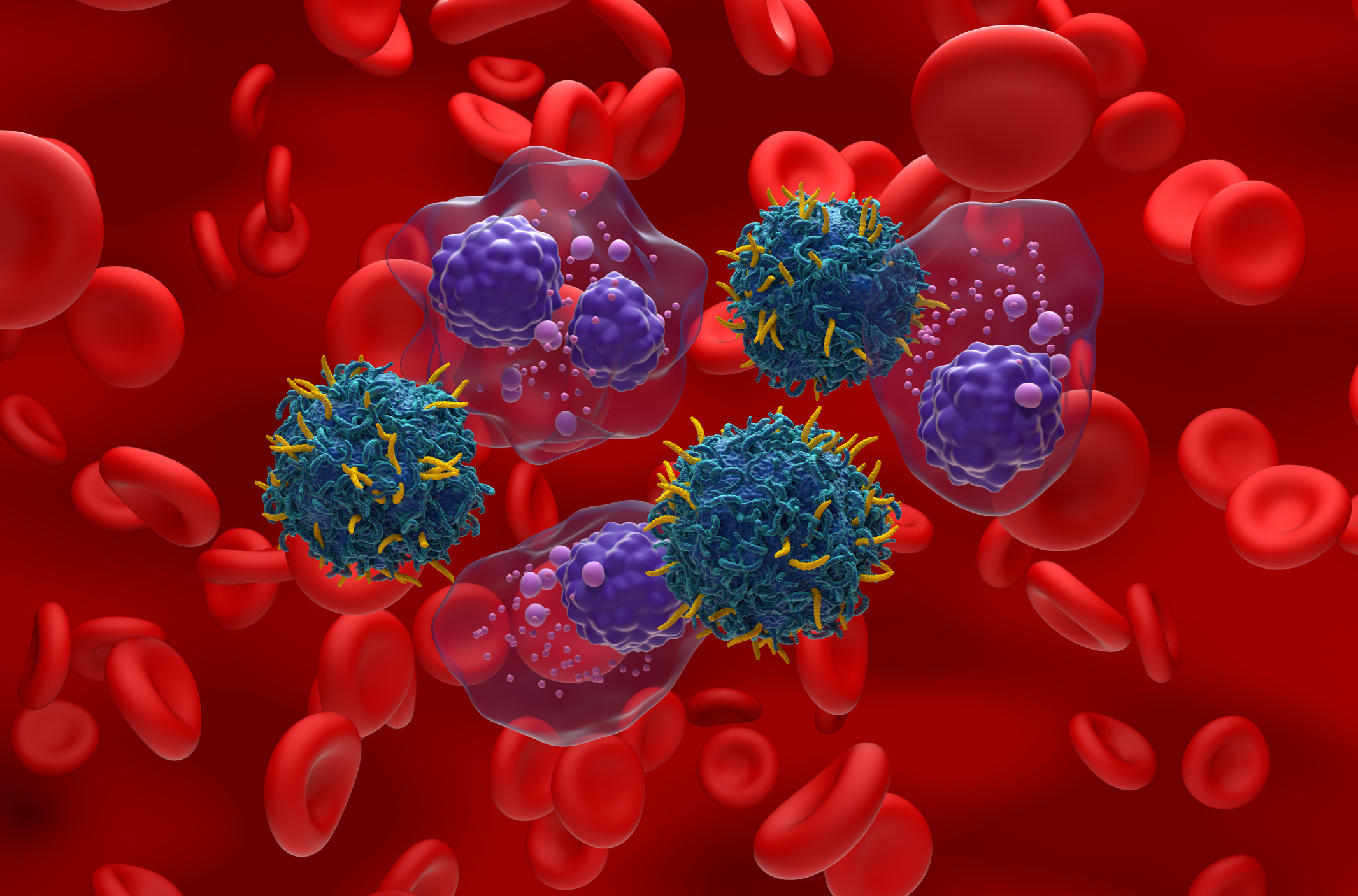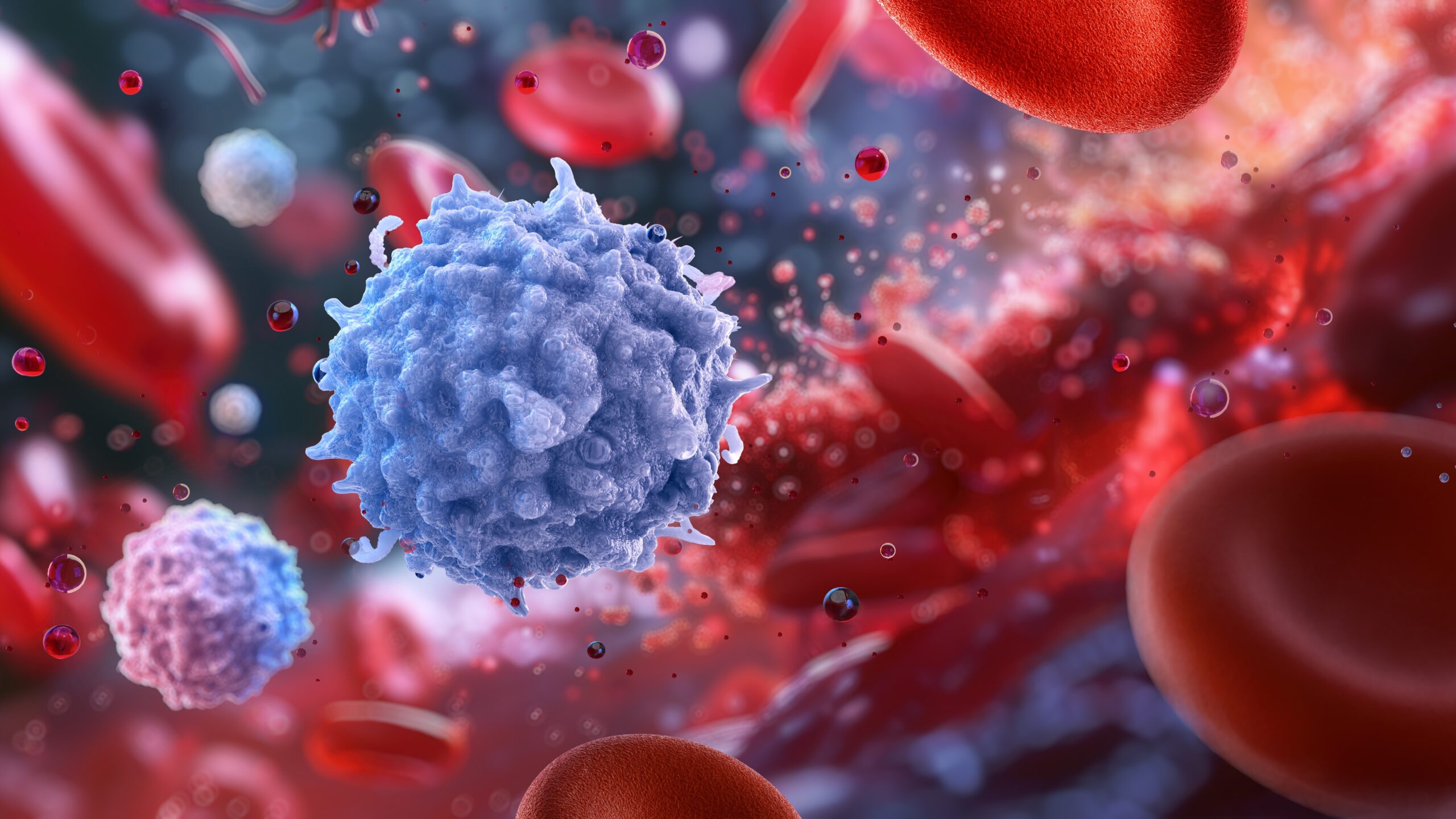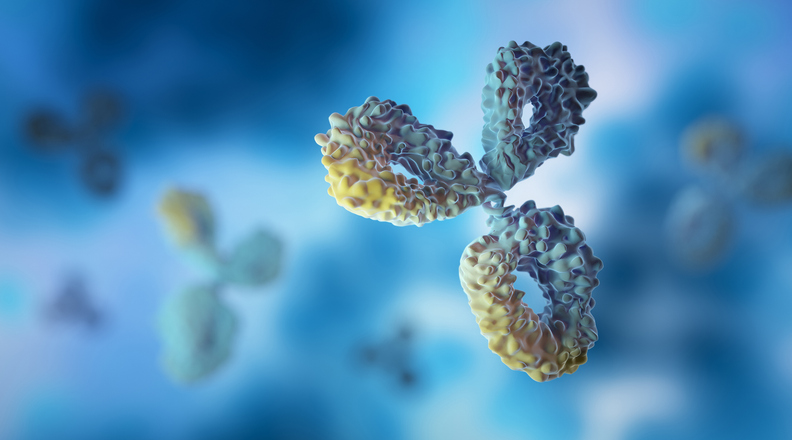
Sequencing different T-cell redirection therapies “may lead to deep and durable responses” in patients with multiple myeloma who relapse after receiving a bispecific antibody, according to a recent study.
Tarek H. Mouhieddine, MD, of the Tisch Cancer Institute at Icahn School of Medicine at Mount Sinai and colleagues conducted the study because data on outcomes after relapse following bispecific antibody treatment are “urgently required to develop strategies for sequencing salvage therapies.” They published their findings in Blood Advances.
They identified 58 patients with multiple myeloma who had disease progression after participating in a bispecific antibody clinical trial at Mount Sinai Hospital. The median patient age was 67 years, and most patients (78%) had high-risk cytogenetics. The patients had a median of six prior lines of therapy and nearly all (89%) of patients were triple-class refractory, while 44% were penta-drug refractory.
Dr. Mouhieddine and colleagues estimated progression-free survival (PFS) to the first and second salvage therapies and overall survival (OS) using the Kaplan-Meier method. They followed patients for a median of 30.5 months following the bispecific antibody trial.
After the bispecific antibody trial, patients received a median of two additional salvage therapies (range, one to nine). The most common first-line salvage therapy was T-cell redirection, used in 19 patients. Of those patients, 10 received bispecific antibody treatments, while nine received chimeric antigen receptor T cells. T-cell redirection was used as a second salvage treatment in 10 patients.
The median PFS to the first salvage treatment was 28.9 months, while the median PFS to the second salvage treatment was 30.9 months. T-cell redirection therapy was associated with a two-year OS rate of 62%.
“The sequential use of different T-cell redirection therapies is possible and may lead to deep and durable responses following the relapse after [bispecific antibody] therapy in [relapsed or refractory multiple myeloma],” Dr. Mouhieddine and colleagues concluded.
Reference
Mouhieddine TH, Van Oekelen O, Melnekoff DT, et al. Sequencing T-cell redirection therapies leads to deep and durable responses in patients with relapsed/refractory myeloma. Blood Adv. 2023;7(6):1056-1064. doi:10.1182/bloodadvances.2022007923






 © 2025 Mashup Media, LLC, a Formedics Property. All Rights Reserved.
© 2025 Mashup Media, LLC, a Formedics Property. All Rights Reserved.